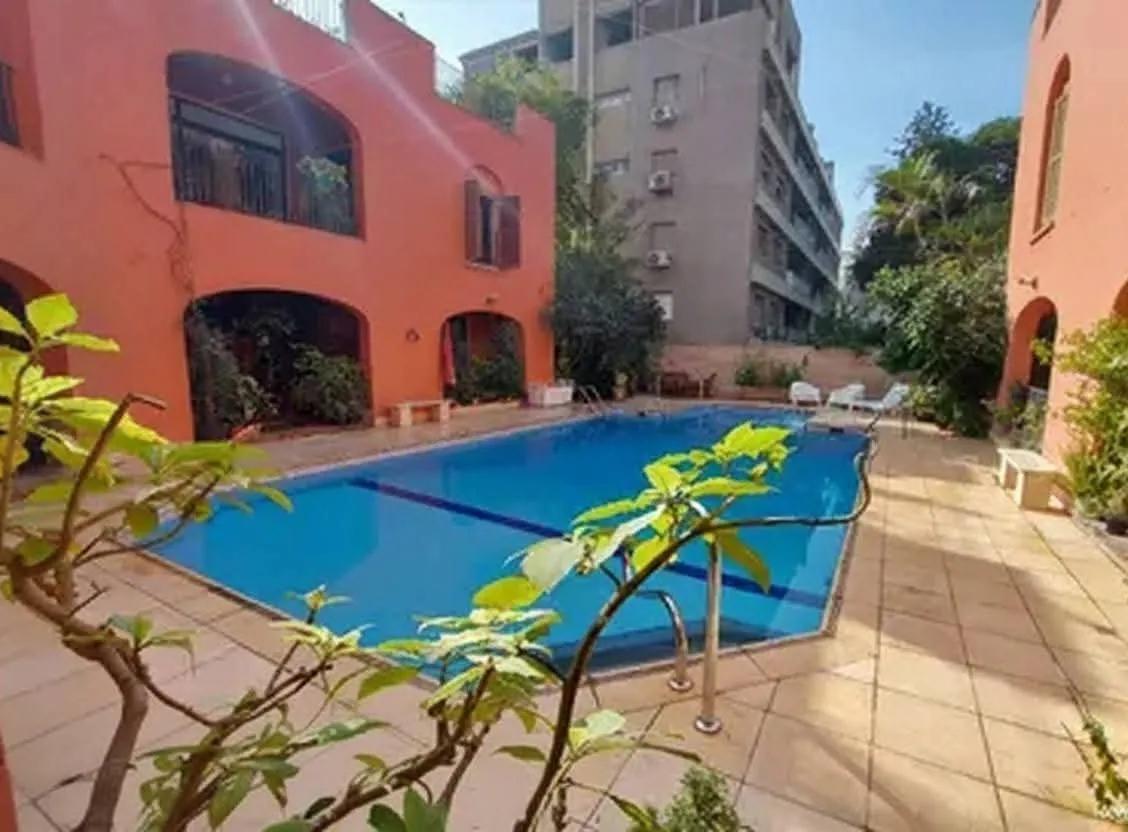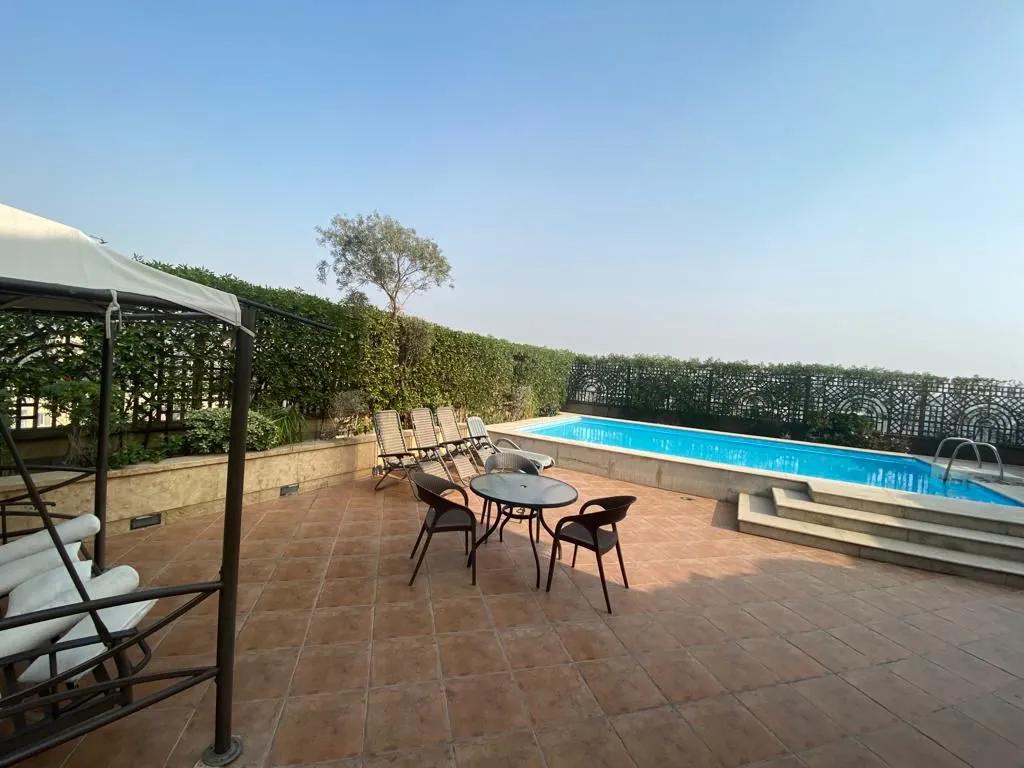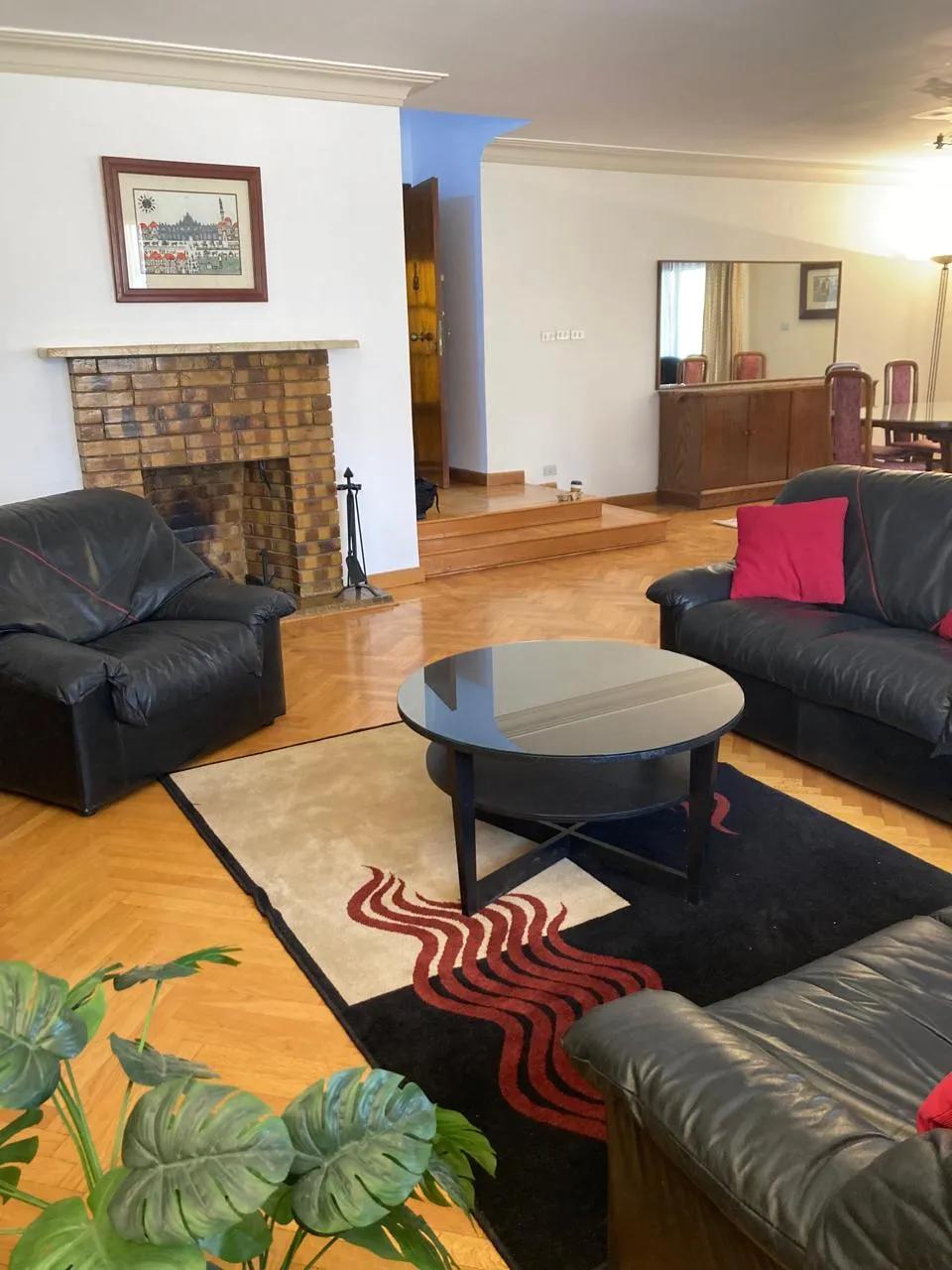Renting a flat in Cairo: a clever guide to finding your perfect pad
الكاتب
house point egypt
الوقت
9 دقيقة
اللغة
الانجليزية
كتبت بتاريخ:
10/30/2025
تم التحديث:
10/30/2025
Renting a flat in Cairo: a clever guide to finding your perfect pad
Cairo is a city of contrasts, where centuries-old charm meets rapid modernity. If you’re moving here or just looking for a new place, renting a flat in Cairo can be an exciting, rewarding experience—once you know where to look, what to watch out for, and how to negotiate like a local. Here’s a practical, engaging guide to help you navigate the process.
Start with the basics: what to expect when you rent a flat in Cairo
- Price ranges: Cairo offers a wide spectrum. In central and upscale districts (Zamalek, Dokki, Garden City), rents are higher, while outer neighborhoods (Maadi, Mohandessin, Nasr City) can offer more space for less. Expect to pay more for furnished flats or units with amenities.
- Lease structure: Most landlords prefer annual leases with a security deposit (often one month’s rent). Some places, especially newer buildings, may require six months upfront.
- Utilities: Many flats exclude utilities from the rent. Water is typically included in some buildings, but electricity and internet are usually paid by the tenant. Ask for a recent utility bill to estimate monthly costs.
- Furniture and fittings: Furnished flats are common in Cairo, but not universal. If you’re bringing your own furniture, check the layout, storage, and elevator access (important in older buildings with narrow corridors).
Smart tips for your search: where to look and what to verify
- Neighborhoods to consider:
- Central and expat-friendly: Zamalek, Garden City, Dokki, Mohandessin. These areas offer good access to cafes, supermarkets, and public transport, but rents are higher.
- Family-friendly and leafy: Maadi and New Cairo (the latter often called New Cairo or Fifth Settlement) offer newer buildings, parks, and quieter streets, with modern amenities.
- Budget-friendly and practical: Nasr City and Heliopolis can be more affordable while still offering good transit links.
- Online and offline avenues: Use reputable local real estate portals, social media groups, and ask for referrals from friends or colleagues. Don’t rely on a single listing; visit multiple units to compare.
- What to inspect during a viewing:
- Structural issues: cracks, damp, water pressure, hot water availability.
- Electricals and safety: working outlets, circuit breakers, functioning air conditioning, secure doors and windows.
- Building amenities: elevators, parking availability, security, ongoing maintenance, and cleanliness.
- Connectivity: reliable internet options, proximity to metro stations or major bus routes.
- Storage and layout: does the space fit your furniture? Is there adequate natural light and ventilation?
- Documentation to request: landlord or agent ID, title deed or ownership proof, recent utility bills, lease terms in writing, and a dated inventory if furniture is included.
Negotiating like a pro: rent and terms
- Negotiation basics: start with a clear budget range, and be prepared to offer a longer lease in exchange for a lower monthly rent. In some cases, landlords are open to including utilities or maintenance in the rent for stability.
- Ask for inclusions: parking, storage space, or building amenities (gym, pool, or 24/7 security) can justify a higher rent. If there’s a parking spot, confirm whether it’s assigned and if there’s a guest policy.
- Repairs and maintenance: specify who handles repairs and the expected response time for urgent issues. Get it in writing to avoid disputes later.
- End-of-lease conditions: understand the move-out process, cleaning expectations, and whether the security deposit is fully refundable and under what conditions.
Common scams and red flags (and how to avoid them)
- Overly attractive deals: “too good to be true” rents or listings that lack clear ownership details. Verify ownership and don’t wire money before seeing the property or signing a legitimate agreement.
- Upfront fees: avoid paying large sums before you’ve seen the flat and read the contract. Legitimate charges should be limited to a security deposit and possibly one month’s rent in advance.
- Missing or vague paperwork: insist on a formal contract in writing in Arabic or bilingual, with clear terms, payment schedule, and inventory of belongings if furnished.
- Pressure tactics: be cautious of agents who push you to sign quickly or threaten to withdraw the listing without reason. Take time to review.
Practical checklist for the renting process
- Define must-haves: number of bedrooms, distance to work/school, access to public transport, parking, and security.
- Budget plan: rent, utilities, maintenance, internet, groceries, and transportation costs.
- Document pack: copy of your ID/passport, recent payslips or proof of income, a reference from a previous landlord if available.
- Visit and verify: take photos, note the date and time, and collect business cards or contact details for follow-up questions.
- Read the contract carefully: ensure terms are clear on duration, renewal options, rent increases, maintenance responsibilities, and what happens at the end of the lease.
Do-it-yourself tips to streamline the experience
- Use a local, trusted agent: a well-connected agent can save you time, help with negotiations, and translate contract terms if needed.
- Visit at different times: view the building at various times of day to assess noise, traffic, and safety.
- Prepare a short personal pitch: explain your stay duration, work schedule, and reasons you’d be a reliable tenant. A good rapport can help with favorable terms.
- Confirm transit options: proximity to metro or major bus routes can save you daily commute time.
Costs you should expect beyond rent
- Security deposit: typically one month’s rent, sometimes up to two.
- Agency or broker fee: in some cases, brokers charge a fee equivalent to one month’s rent.
- Utilities and services: electricity can be a major recurring expense, along with water, gas (if applicable), and internet.
- Maintenance: some buildings charge monthly maintenance or service fees for common areas and facilities.
A few neighborhood snapshots to help you decide
- Zamalek: leafy, walkable, embassies and cafes; great for expats and professionals who want a central, stylish vibe.
- Garden City: elegant, quieter, close to Nile viewpoints; ideal for those seeking a traditional Cairo atmosphere with good amenities.
- Maadi: suburban feel, green spaces, and a reputation for family-friendly living; easier for longer stays.
- Nasr City: practical and affordable; good value for budget-conscious renters who want easy transit access.
- New Cairo (Fifth Settlement): modern compounds, larger flats, and newer infrastructure; popular with families and professionals working in new business districts.
Final thoughts: enjoy the ride, and rent smart
Renting a flat in Cairo can be a smooth, rewarding experience with the right preparation. Set clear priorities, inspect thoroughly, and negotiate confidently. With a bit of patience, you’ll find a place that fits your lifestyle and budget—allowing you to make the most of Cairo’s energy, culture, and opportunities.
If you’re starting your search now, happy hunting. And when you’re ready to take the next step, you’ll know exactly how to rent a flat in cairo with






